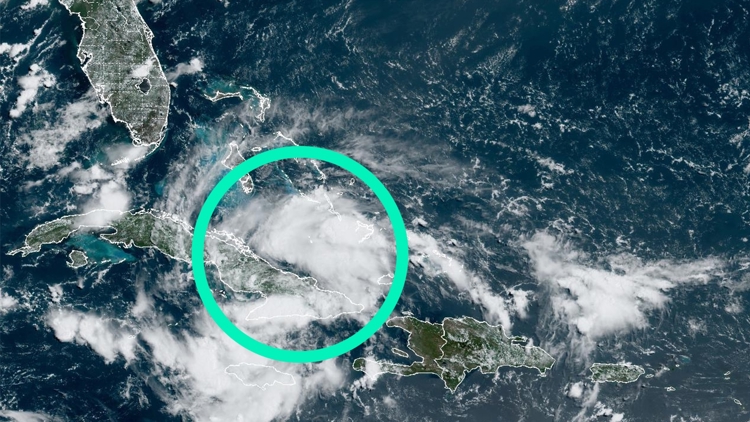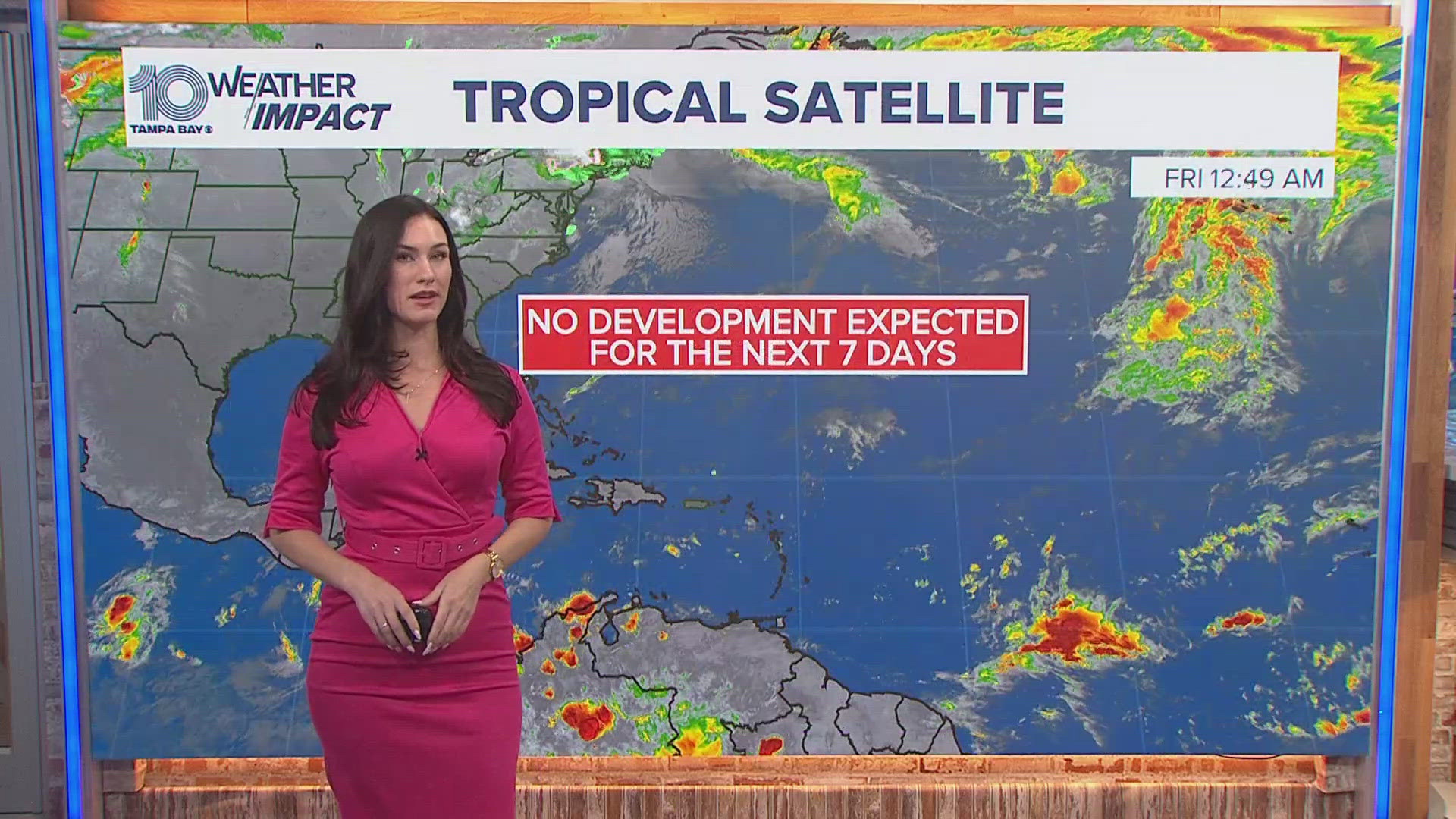ST. PETERSBURG, Fla. — Tropical Storm Debby is expected to form and impact parts of Florida this weekend into early next week, including the Tampa Bay region.
But if you look at the National Hurricane Center, you won't see Debby's name anywhere yet. Instead, you'll see Potential Tropical Cyclone Four listed. The NHC says it's likely a tropical depression will form by Saturday and then intensify by Saturday night into a tropical storm. Debby is the next name on the list.
But why aren't meteorologists already calling PTC 4 Debby? And what exactly is a potential tropical cyclone?
According to the National Oceanic and Atmospheric Administration, a Potential Tropical Cyclone is what forecasters use to describe "a disturbance that is not yet a tropical cyclone, BUT poses the threat of bringing tropical storm or hurricane conditions to land areas within 48 hours."
If you're not familiar with the term, it may be because it wasn't something forecasters had until 2017. Before the term was implemented, NHC meteorologists weren't allowed to issue a hurricane or tropical storm watch or warning until after a tropical cyclone had formed.
Thanks to advances in forecasting technology, meteorologists now have a more accurate idea about how a tropical cyclone will impact land and can make predictions while the systems are still in the developmental stage.
For long-time Floridians, you'll remember that 2017 was the year the Tampa Bay area was impacted by Hurricane Irma. While Irma was not a PTC, the NHC reportedly issued seven PTC advisories, including what would become Hurricane Maria, which devastated parts of Puerto Rico.
Now that PTCs can be issued, forecasters can get potentially life-saving information to everyone much faster than before.



